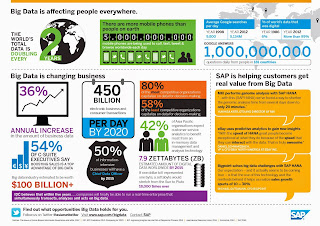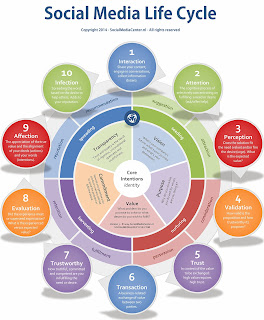social physics

Source: http://socialphysics.media.mit.edu/ This is a book and data set – really worth ready… however the open data is here http://realitycommons.media.mit.edu/ - this is worth looking at. How can we create organizations and governments that are cooperative, productive, and creative? These are the questions of social physics, and they are especially important right now, because of global competition, environmental challenges, and government failure. The engine that drives social physics is big data: the newly ubiquitous digital data that is becoming available about all aspects of human life. By using these data to build a predictive, computational theory of human behavior we can hope to engineer better social systems.




